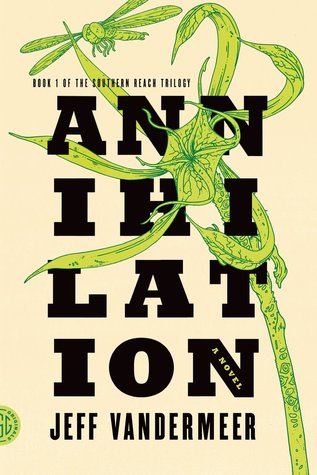Here are some books that have recently hit my radar and set off my alarm bells...
Perfidia by James Ellroy
The Japanese have bombed
Pearl Harbor. The United States teeters on the edge of war. The roundup
of allegedly treasonous Japanese Americans is about to begin. And in
L.A., a Japanese family is found dead. Murder or ritual suicide? The
investigation will draw four people into a totally Ellroy-ian tangle: a
brilliant Japanese American forensic chemist; an unsatisfiably
adventurous young woman; one police officer based in fact (William H.
"Whiskey Bill" Parker, later to become the groundbreaking chief of the
LAPD), the other the product of Ellroy's inimitable imagination (Dudley
Smith, arch villain of The Big Nowhere, L.A. Confidential, White Jazz).
As their lives intertwine, we are given a story of war and of consuming
romance, a searing exposé of the Japanese internment, and an
astonishingly detailed homicide investigation. In Perfidia, Ellroy
delves more deeply than ever before into his characters' intellectual
and emotional lives. But it has the full-strength, unbridled
story-telling audacity that has marked all the acclaimed work of the
"Demon Dog of American Crime Fiction."
An Indigenous Peoples' History of the United States by Roxanne Dunbar-Ortiz
The first history of the United States told from the perspective of indigenous peoples
Today
in the United States, there are more than five hundred federally
recognized Indigenous nations comprising nearly three million people,
descendants of the fifteen million Native people who once inhabited this
land. The centuries-long genocidal program of the US settler-colonial
regimen has largely been omitted from history. Now, for the first time,
acclaimed historian and activist Roxanne Dunbar-Ortiz offers a history of the United States told from the perspective of Indigenous peoples and reveals how Native Americans, for centuries, actively resisted expansion of the US empire.
In An Indigenous Peoples’ History of the United States,
Dunbar-Ortiz adroitly challenges the founding myth of the United States
and shows how policy against the Indigenous peoples was colonialist and
designed to seize the territories of the original inhabitants,
displacing or eliminating them. And as Dunbar-Ortiz reveals, this policy
was praised in popular culture, through writers like James Fenimore
Cooper and Walt Whitman, and in the highest offices of government and
the military. Shockingly, as the genocidal policy reached its zenith
under President Andrew Jackson, its ruthlessness was best articulated by
US Army general Thomas S. Jesup, who, in 1836, wrote of the Seminoles:
“The country can be rid of them only by exterminating them.”
Spanning more than four hundred years, this classic bottom-up peoples’
history radically reframes US history and explodes the silences that
have haunted our national narrative.
My Side of the Mountain by Jean Craighead George
Terribly unhappy in his
family's crowded New York City apartment, Sam Gribley runs away to the
solitude and danger of the mountains, where he finds a side of himself
he never knew.
Annihilation by Jeff Vandermeer
Area X has been cut off
from the rest of the continent for decades. Nature has reclaimed the
last vestiges of human civilization. The first expedition returned with
reports of a pristine, Edenic landscape; all the members of the second
expedition committed suicide; the third expedition died in a hail of
gunfire as its members turned on one another; the members of the
eleventh expedition returned as shadows of their former selves, and
within months of their return, all had died of aggressive cancer.
This is the twelfth expedition.
Their group is made up of four women: an anthropologist; a
surveyor; a psychologist, the de facto leader; and our narrator, a
biologist. Their mission is to map the terrain and collect specimens; to
record all their observations, scientific and otherwise, of their
surroundings and of one another; and, above all, to avoid being
contaminated by Area X itself.
They arrive expecting the
unexpected, and Area X delivers—they discover a massive topographic
anomaly and life forms that surpass understanding—but it’s the surprises
that came across the border with them, and the secrets the expedition
members are keeping from one another, that change everything.
Subscribe to:
Post Comments (Atom)
























No comments:
Post a Comment